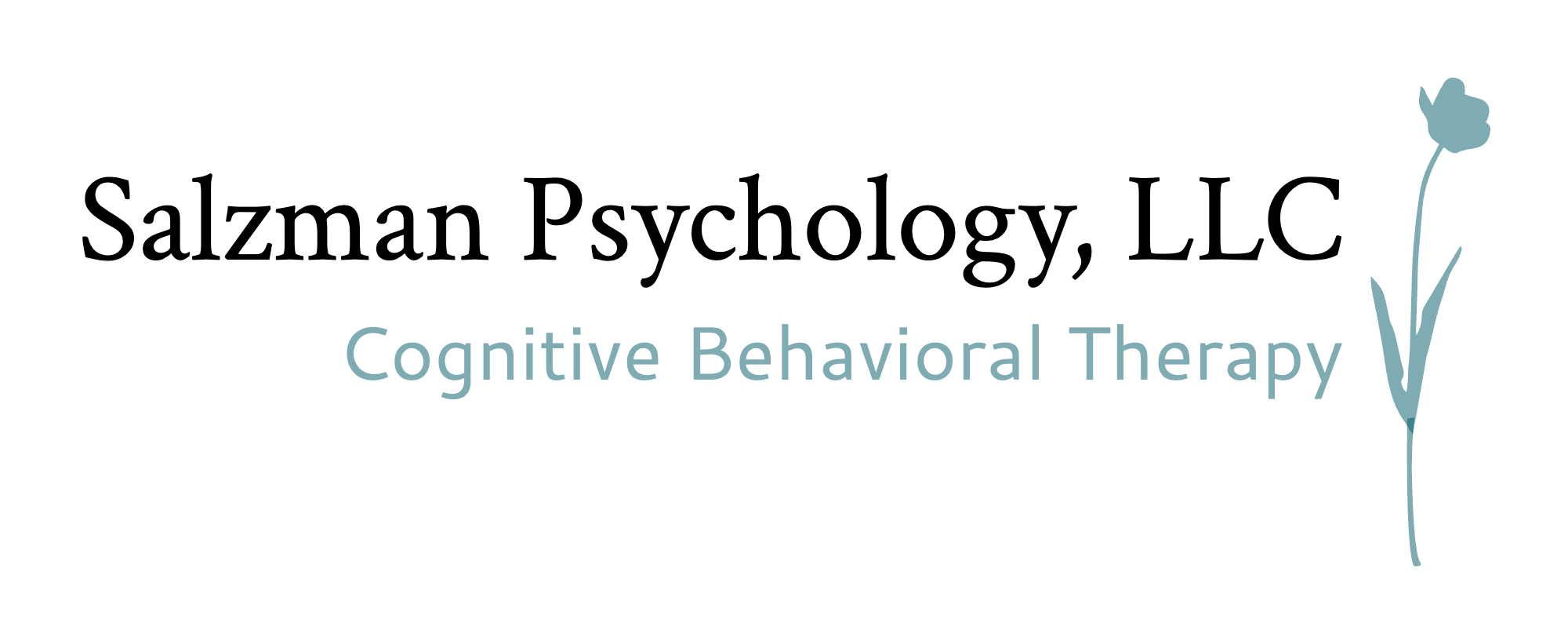Starting therapy is daunting. It can feel intimidating and overwhelming, sometimes even terrifying! Especially if you have never been to therapy (or never tried CBT), you are probably wondering what to expect. Information is power, so I encourage you to learn more about CBT as you consider your options.
You might also be curious how to best take advantage of treatment, so you can enjoy the fastest results possible. Happily, based on my clinical experience, there are multiple things you can do to get the most out of therapy!
Getting the Most out of CBT
Start strong.
I typically recommend starting with weekly (or at least every other week) appointments. This schedule will help you get to work right away so you can feel better as soon as possible. Meeting frequently in the beginning of treatment also gives us time to get to know each other. You need time to get to know me so you can feel comfortable, and I need time to get to know you so I can provide you the best, most individualized treatment I can.
Select session times intentionally.
Schedule sessions during times when you won’t be rushed. Give yourself a few minutes before your session to mentally transition and prepare. If you have homework to share, upload it to the client portal, or open the document so you can screen share. Therapy is hard work, so it can also be helpful to take some down time after each session to process and rest.
Stick to a schedule.
I find that when clients schedule sessions very infrequently or “as needed”, it’s difficult to maintain momentum. These sessions are often used to “catch up” on the latest news, as opposed to learning new skills, or exploring issues more deeply. Attending therapy infrequently also makes it difficult to consistently practice therapy skills outside of session, which can lengthen the time in treatment overall.
Be yourself.
When you come to therapy you can be yourself. You don’t have to dress up, act formally, or change your language. Therapy isn’t a job interview! There is nothing that is too “weird” or “embarrassing” to share in therapy. Therapy is a place where you can be yourself, without fear of judgement, so I invite you to come in as your authentic self.
Do your homework.
Over many years of practice, I have found that practicing the skills you learn in therapy is key to your success. Generally, the more you practice your skills, the faster you will improve. But, if you don’t get a chance to do your homework, that is OK! Life happens, and therapy isn’t the only thing on your plate. There are always more opportunities to practice.
Go easy on yourself.
Although homework is very important, remember that therapy is not school, and you are not being graded! There is no way to “fail” homework. Homework is there to help you practice, and to help me understand what is working, and what we need to review or change to best help you. So if homework went well…great! If homework didn’t go so well, or you felt confused…also great! No matter how your practice goes, we will learn from the experience.
Reflect on your experience.
Time in therapy is very short compared to the rest of your week, and if you only think about your goals during sessions, it will take much longer to reach those goals. Taking a few minutes here and there throughout the week to reflect on your last session can be very helpful, both in consolidating learning, and encouraging new thoughts, questions, and insights to bring to your next session.
Keep records.
Therapy can be overwhelming. There is a lot to learn, and it’s easy to forget important insights gained in session. So, jotting down a few quick notes will provide you a valuable record of your experience. I will also send you lots of handouts and worksheets, so you may want to keep a physical or digital folder to organize your therapy resources.
Be open and honest.
Starting therapy can feel very intimidating. It is scary to think about sharing very private and important parts of your life with a stranger! I don’t expect you to feel comfortable right away, but when you do start to feel more comfortable, it is very helpful to be honest about your thoughts, feelings, and experiences. If it feels scary to open up, a great place to start is to share that you are feeling fearful, and we can go from there.
Provide feedback.
Therapy is a collaborative process, and we need to work together to identify issues and set goals. If you have questions or concerns, I invite you to bring them up! There are no “dumb” questions in therapy, and you are allowed to disagree with me! It is your life, and you are the expert on yourself. If something we are doing isn’t working for you, I want to know about it so that we can troubleshoot and come up with a solution.
“The greatest discovery of my generation is that human beings can alter their lives by altering their attitudes of mind.”











